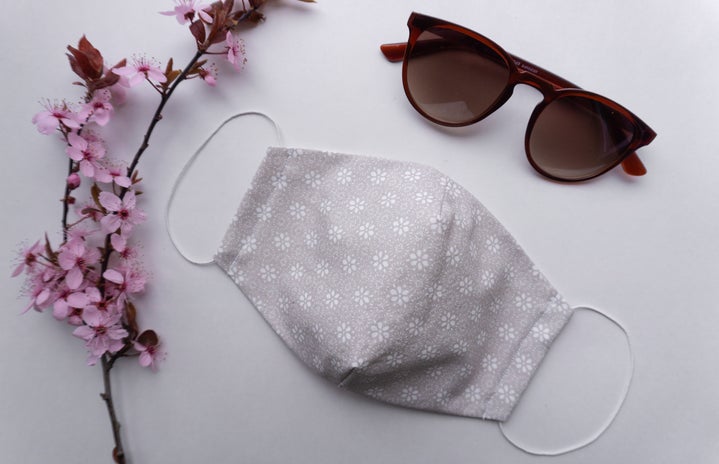As COVID-19 remains an active, viral threat to our communities and the world-at-large, many cities are now implementing restrictions to combat the pandemic and diminish the number of cases within regions that have skyrocketed. Toronto, my hometown, is especially heightening its lockdown from all personal services being shut down to restaurants being only limited to take out. Although it is without saying that these measures are the best for public safety, the mental health implications of another lockdown are stark. These concerns are even more prevalent as the lockdown coincides with the season of winter, when seasonal depression typically woes. As someone who is immensely affected by poor weather and the darkness of winter during years without a global pandemic, I worry about these upcoming months with the combination of regular seasonal depression and the hardships of a lockdown. While I acknowledge the necessary actions of going into lockdown, I still fret about my –– and the general public’s –– emotional wellbeing during this time, which I believe many of us can relate to.
First and foremost, I believe that in helping to maintain a semblance of sanity during this era it is vital to remain in contact with friends and family. While gathering in person is obviously the preferable way to meet, in the next month or two rehashing March’s tradition of Zoom parties and FaceTime chats will be of the utmost importance. It is incredibly easy to feel alone and isolated –– as we are physically –– but continuing to nurture the bonds to those significant in our lives will help ease this pain.
Isolation can also be used productively. As the semester closes, many of us will have weeks off to immerse ourselves into whatever we desire to do. While there is no shame in using this time to binge watch shows or play Animal Crossing (guilty as charged), you can also utilize this time to grow into your passions, or pursue a new hobby. This can be whatever your heart desires: painting, learning a new language, sculpting, writing, sewing –– the list goes on. It is easy to get bored or submerge ourselves into social media holes in lockdown, so honing your interests outside of a computer screen can be very beneficial.
If you are a winter-hater like me, this next piece of advice may fly over your head but bear with me: get outside. As it gets colder and drearier this will become more difficult to do, but even just a thirty minute walk to listen to a podcast or music will be of service to both your mental and physical health. While you do not need to use this time to initiate insane YouTube exercise or ab challenges, exercising and spending some time outdoors may work wonders. Just make sure to bundle up if you happen to live in Ontario.

Despite nobody wishing to return to the state of affairs during March and April of 2020, COVID-19 does not abide by the feelings of humanity, and our local governments have to respond adequately. While a second lockdown is undoubtedly annoying, trite and possibly even frightening for our mental health, there are actions and precautions we can take in ensuring that our livelihood remains intact during this period.



